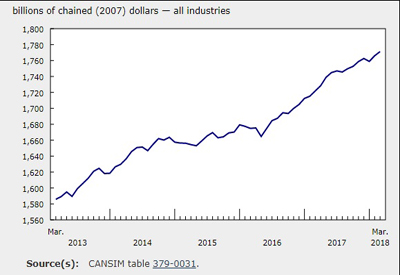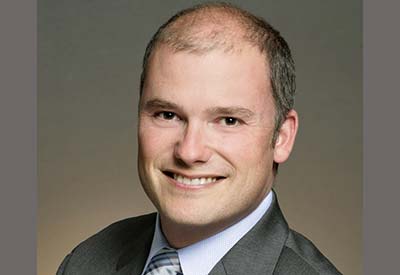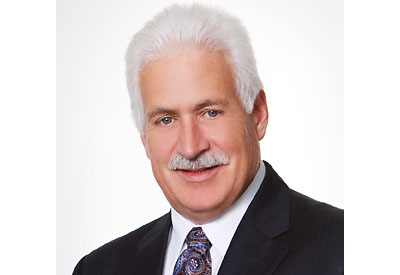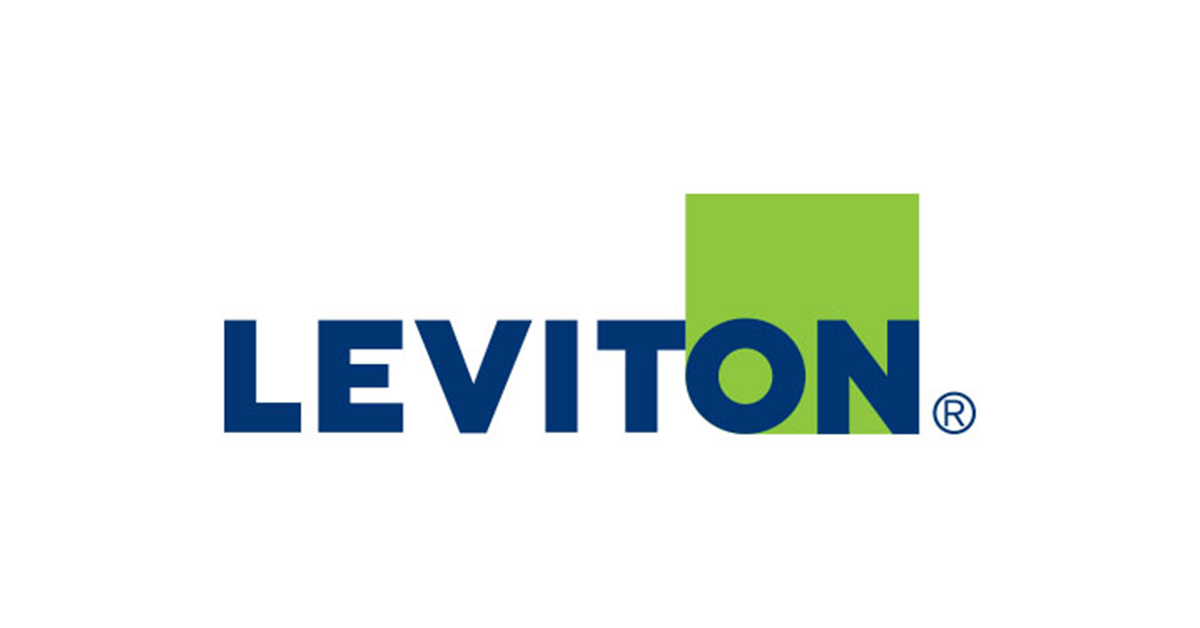Thriving vs. Surviving in a Time of Rapid Change

October 13, 2017
By Warren Collier
Have you noticed how certain people thrive during periods of rapid change while others barely keep their head above water? In 35+ years of research and predictive analytics, SMG has identified a unique characteristic in highly successful people that thrive in periods of change with a high degree of resilience.
At its core, self management is the intersection of two critical components: responsibility and accountability.
Self managers are responsible
Self managers take responsibility for their day-to-day effort. Self managers also exhibit strong general awareness of their abilities and potential.
Goal-oriented and internally driven, they will set their own objectives, commit to those activities, and evaluate their own performance. They manage themselves, while taking responsibility for their own behaviour.
They typically amplify the right and change the wrong quickly. They assess the circumstances and are consciously aware of their situation. They understand change better, evaluate how it’s impacting them, and build their skills and knowledge to mitigate the risk.
Good self managers do all of this by habit. It’s just what they do and what makes them so successful.
Self managers are accountable
Self managers also hold themselves accountable for the results they achieve. When they set goals, they evaluate themselves based on how well they were able to meet those goals.
They do this without a leader or manager overseeing what they are doing. While they may ultimately be accountable to their leader, the key distinction is that they are first accountable to themselves. As such, they will course-correct when confronted with change and maximize their results.
Everyone has self management potential
Self management is not an all-or-nothing competency, but rather a matter of degree.
Different roles also require varying degrees of self management in order to manage change effectively. For example, successful sales professionals that exhibit strong self management potential tend to manage change more effectively.
Our research has revealed they naturally focus on their internal environment and allocate their energy and effort more effectively on the factors that fall under their direct control (sales activities, daily behaviour, messaging and networking, etc.). Those with less sales success tend to be more preoccupied to those external factors they cannot directly control (client decisions, length of the sales cycle, competitive forces, etc.), and these attitudes will generally lead to greater stress and potential failure.
Knowledge is fairly easy to change, but attitudes adapting to change are more difficult. As technology accelerates change and transforms every business process, you need strong self managers who see change as the natural order of things and adapt to it in a more thoughtful way with both confidence and enthusiasm.
Warren Collier (CHRL) is Director, Human Resources Consulting Services, Self Management Group (SMG). SMG has over 35 years of data and research on the characteristics of top performers. Their book, Principles of Self Management, and their interactive workshops have been used to train thousands of successful people on how to be better self managers.
This article was previously published in the Spring 2017 issue of Electro-Federation Canada’s InfoElectric: http://infoelectro.digpages.ca/Spring2017/index.html#22











